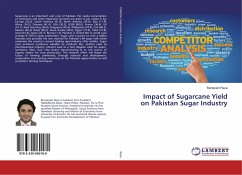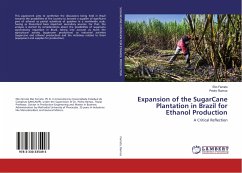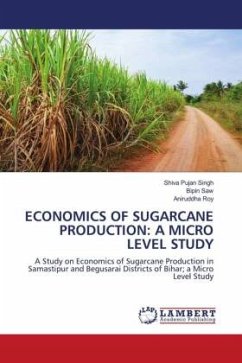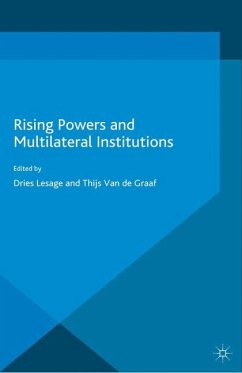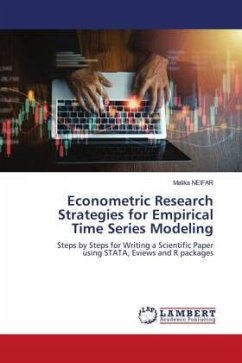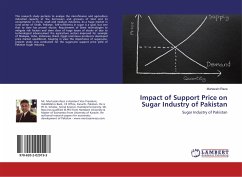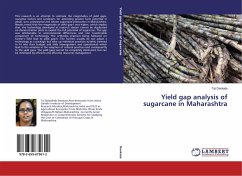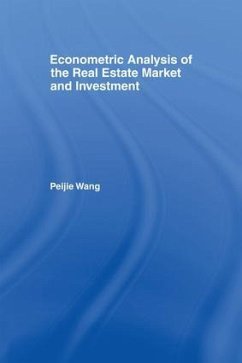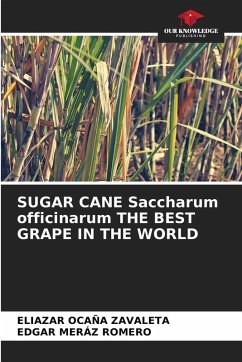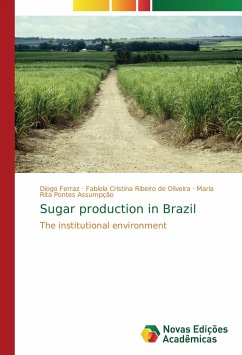
Sugar production in Brazil
The institutional environment
Versandkostenfrei!
Versandfertig in 6-10 Tagen
19,99 €
inkl. MwSt.

PAYBACK Punkte
10 °P sammeln!
The aim of this study was to measure the impact of institutional changes on sugar production in Brazil between 1980 and 2015. Three of these institutional changes were considered: the Very High Polarization (VHP) sugar innovation, which made it more suitable for operations Logistics; Sectoral deregulation that has changed governance mechanisms in the sugar supply chain; The fall of European subsidies to the production of this commodity, which opened space for the import of sugar from other countries. The relevance of this work lies in the fact that these changes are analyzed empirically. Econo...
The aim of this study was to measure the impact of institutional changes on sugar production in Brazil between 1980 and 2015. Three of these institutional changes were considered: the Very High Polarization (VHP) sugar innovation, which made it more suitable for operations Logistics; Sectoral deregulation that has changed governance mechanisms in the sugar supply chain; The fall of European subsidies to the production of this commodity, which opened space for the import of sugar from other countries. The relevance of this work lies in the fact that these changes are analyzed empirically. Econometric models have confirmed that institutional changes have altered the slope of the sugar production curve. However, it is proven that the innovation of VHP sugar was the institutional change that most impacted Brazilian production. This result confirms empirically that the increase in productivity in logistics, which is the way in which sugar was sold for export, was more important for the growth of sugar production in Brazil than the sectoral deregulation and the decrease of subsidies in Europe.



